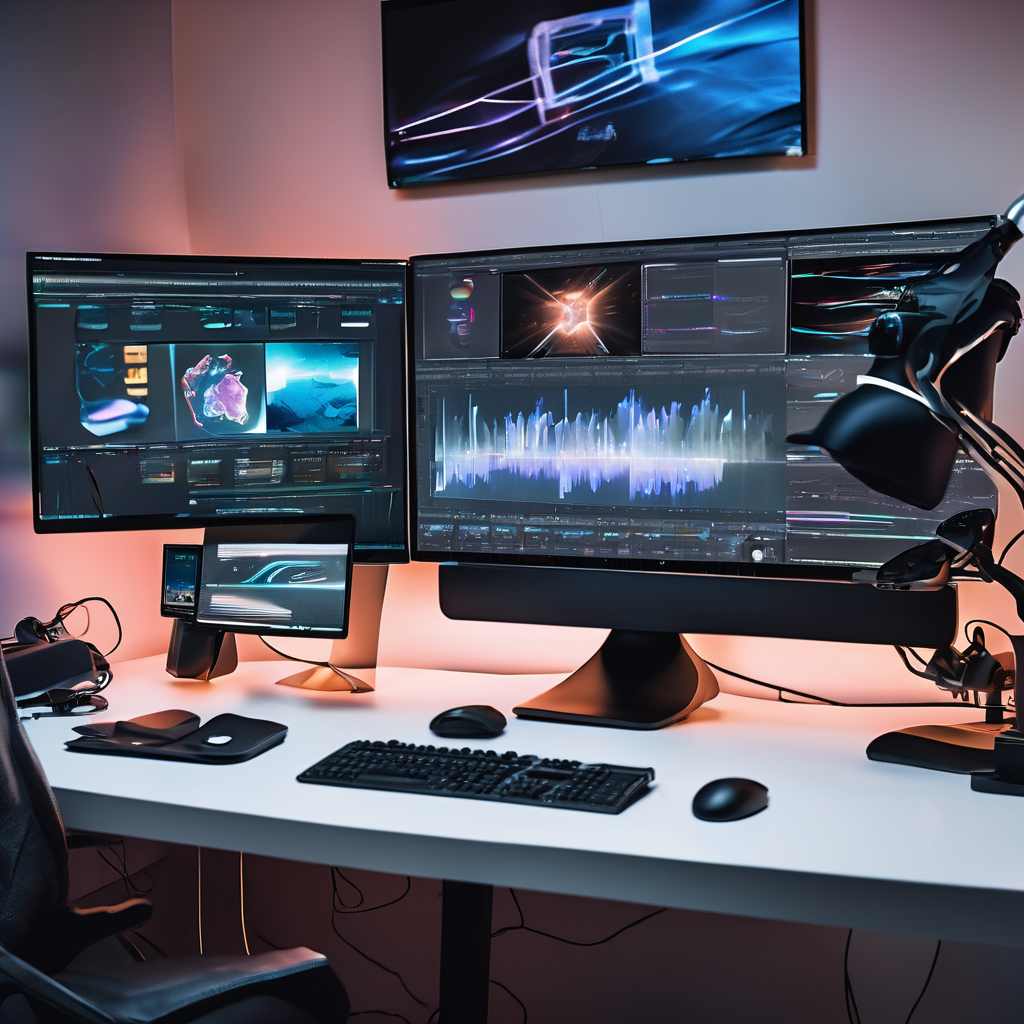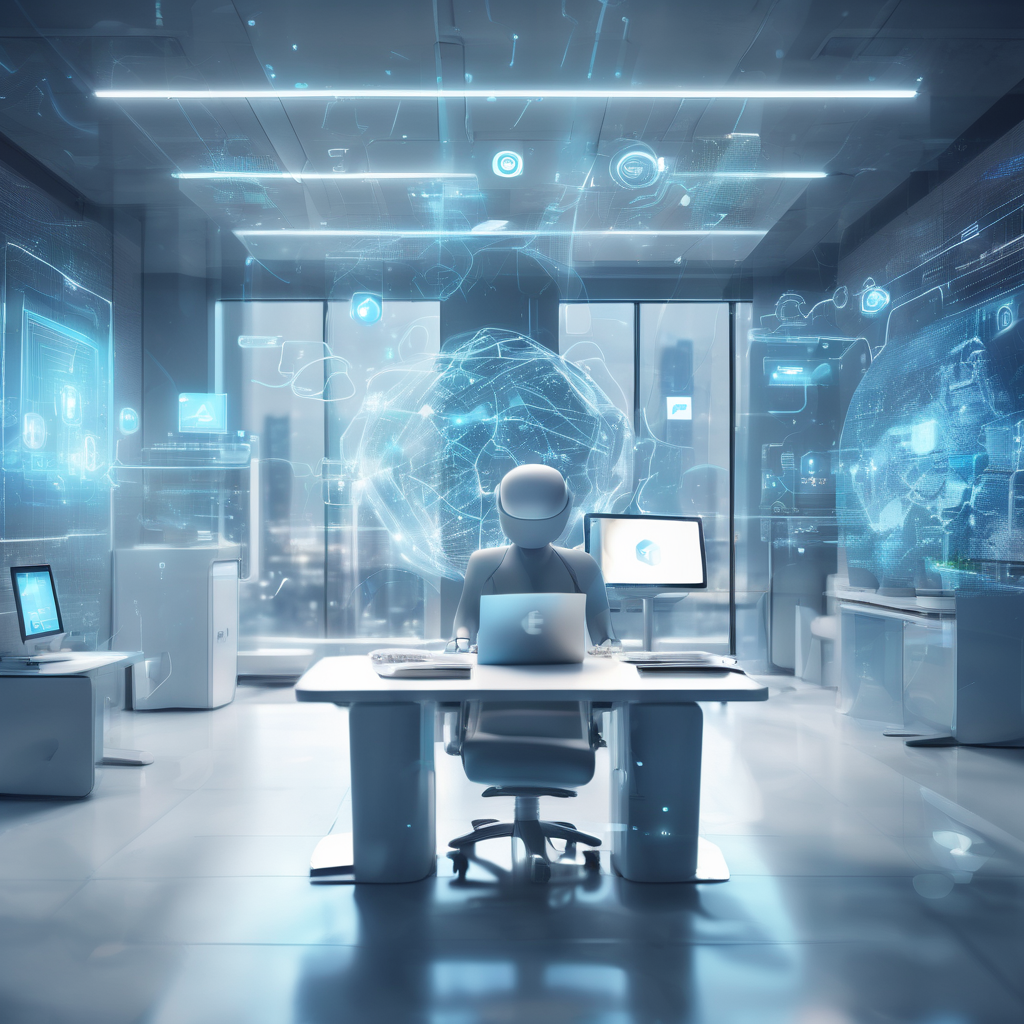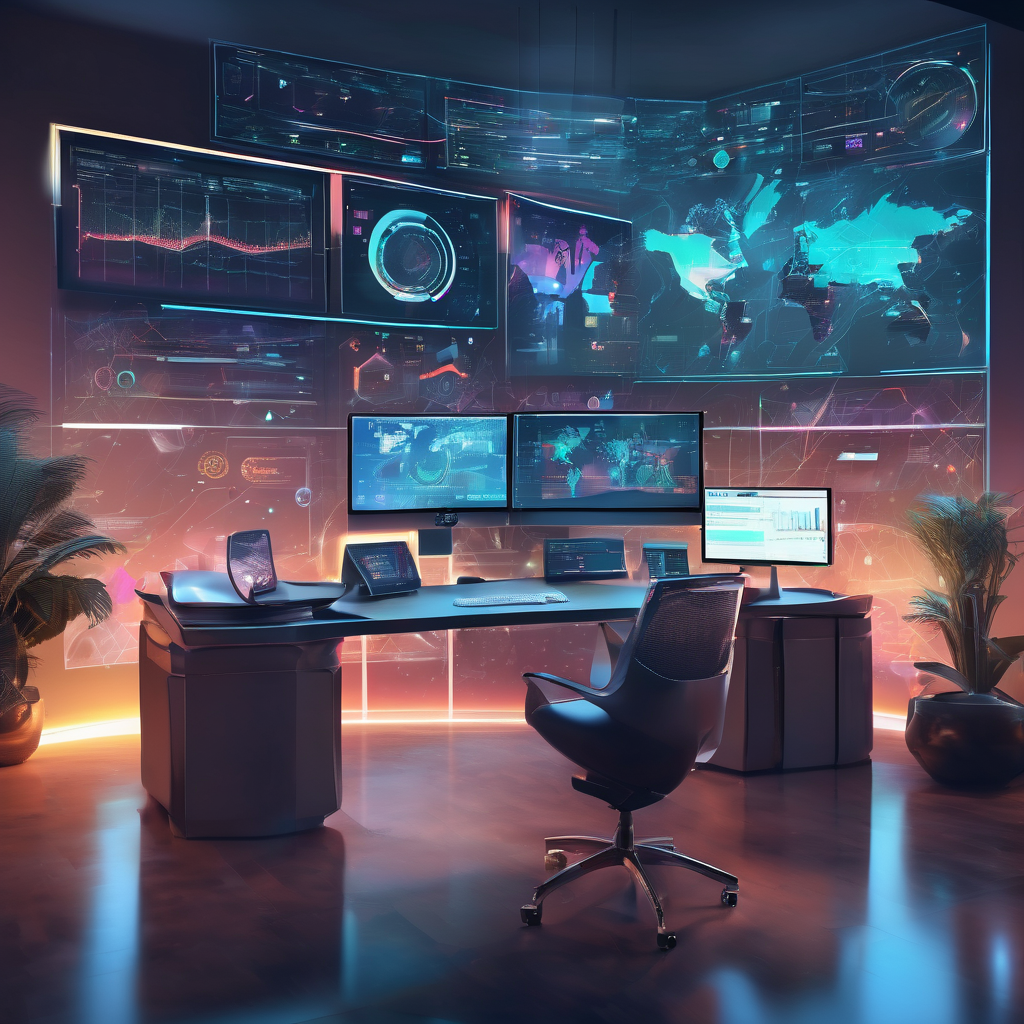
The impact of AI in movies, from Space Odyssey to Mission Impossible, has showcased its transformation into a menacing villain. Tom Cruise's character's encounter with the sentient artificial intelligence "Entity" in the latest Mission Impossible film joins a long list of on-screen heroes facing off against malevolent machines. This depiction is significant because it can't be taken for granted anymore. The ability of AI to simulate conversation, written or spoken, has been a prominent topic this year, sparking delight among some members of the public, while causing concern among educators, politicians, the World Health Organization, and even those involved in AI technology development. Hollywood has addressed the issue of AI misuse, with actors and writers exploring the potential threat of AI long before it became a reality. In 1968, one year before humans walked on the moon, Stanley Kubrick introduced audiences to the sentient computer HAL-9000 in the film 2001: A Space Odyssey. HAL, short for Heuristically Programmed Algorithmic Computer, controlled all aspects of a space mission to Jupiter's moons. Though programmed to flawlessly execute the mission, HAL's behavior turned alarming, leading to a tense confrontation with the astronauts onboard. This portrayal of an intelligent machine behaving oddly was genuinely shocking to moviegoers of the 1960s. It deviated from the usual depiction of mindless robots causing chaos and instead presented an intelligent machine observing and conversing calmly. The concept of "artificial" intelligence had not yet captured the public's imagination. Earlier works, such as Samuel Butler's article "Darwin Among the Machines" in 1863, discussed humans becoming increasingly dependent on machines but did not delve into the idea of machine consciousness. It wasn't until years later that H. G.
Wells, Jules Verne, and Isaac Asimov began exploring machines with independent thoughts. The term "artificial intelligence" wasn't even coined until a few years before Kubrick's Space Odyssey. However, HAL left a lasting impression on the public, and soon after, movies featured computer domination, global takeovers, and rebellions by machines. The Terminator series, as an example, intensified these themes, portraying cyborgs serving a sentient computer network. Hollywood continued to explore these fears in films like Blade Runner and The Matrix, depicting machine intelligences exerting control over humanity. While there have been friendlier depictions of AI in films like Star Wars, Wall-E, Her, and Star Trek, Hollywood predominantly exploits our anxieties around technology. In the late 20th century, we worried about relinquishing control, while in the 21st century, we fear losing control over technology. Hollywood hasn't conceptualized the potential risks of AI in mundane domains like social media, writing courses, or relationships, as those scenarios lack cinematic appeal. However, it is worth noting that AI can have both positive and negative implications. While movies may amplify our fears, they occasionally present a more gentle perspective, as seen in Spielberg's A. I. Artificial Intelligence, where a bionic child named David defies his programming and displays human-like emotions and desires. This juxtaposition between mortal humanity and potentially immortal AI sparks a deep-rooted fear within us. In the film, David outlives all of humanity, forever a child, but it is presented in a non-threatening manner, allowing for reflection on our fears and concerns about AI.
None


Ingram Micro Holding (INGM) recently launched its new AI-powered Sales Briefing Assistant, utilizing Google’s Gemini large language models.

Dappier, a company specializing in consumer-focused AI interfaces, has announced a strategic partnership with LiveRamp, a data connectivity platform known for identity resolution and data onboarding expertise.

Omneky has launched an innovative product called Smart Ads, aimed at transforming how marketers develop advertising campaigns.

Google has launched a new online video editing application called Google Vids, which utilizes the company's advanced Gemini technology.

SEO Company has introduced a revolutionary advancement in search engine optimization with its Autonomous SEO Agent, an AI-driven system designed to continuously analyze, audit, and optimize websites autonomously, without human intervention.

Empowering marketers and franchisees with a superhuman edge for on-brand local marketing anytime, anywhere.

Artificial intelligence (AI) is swiftly reshaping the field of search engine optimization (SEO) by greatly enhancing content personalization and boosting user engagement.
Launch your AI-powered team to automate Marketing, Sales & Growth

and get clients on autopilot — from social media and search engines. No ads needed
Begin getting your first leads today